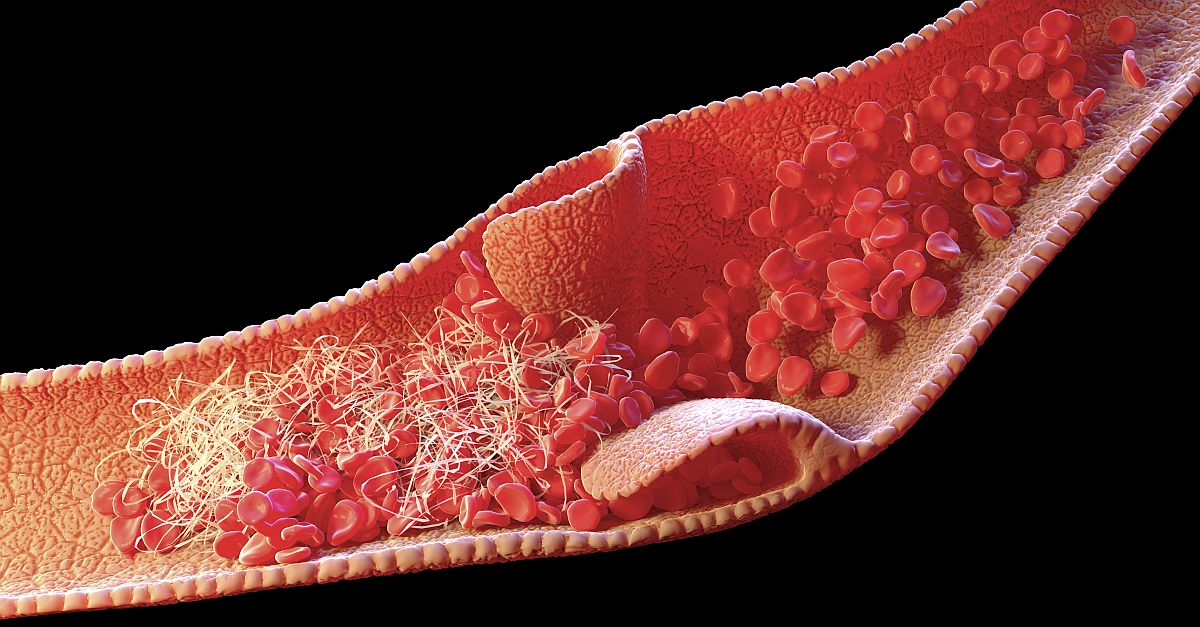Patients with cancer have an increased risk of venous thromboembolism (VTE) compared with the general population, with known physical impacts as well as increased risk of stress and depression. Clinical practice guidelines suggest treatment with low-molecular-weight heparin (LMWH) for VTE in patients with cancer, which requires subcutaneous administration and can be burdensome. The effectiveness and safety of direct oral anticoagulants (DOACs) for treatment of VTE have been demonstrated in clinical trials, resulting in approval by the US Food and Drug Administration, but these trials either excluded people with cancer or included few people with cancer.
Dr Deborah Schrag and colleagues conducted the Cancer Related VTE Anticoagulation Strategies (CANVAS) trial, a randomized noninferiority study to compare the effectiveness of DOACs vs LMWH for treating VTE in patients with cancer. Six hundred seventy-one patients from 67 US member centers of the Alliance for Clinical Trials in Oncology research network were randomized to receive either a DOAC or LMWH, selected by their physicians on the basis of availability, formulary preference, insurance coverage, drug metabolism, or drug-drug interactions, and 638 received at least 1 dose.
The study results showed that oral DOACs were noninferior to LMWH for preventing recurrent VTE in patients with cancer at 6 months of follow-up (primary outcome). At the final analysis, recurrent VTE had occurred in 6.1% of patients treated with a DOAC and 8.8% of those treated with LMWH, meeting the criterion for noninferiority. Secondary outcomes of bleeding and death were not significantly different between groups, and there were no clinically meaningful differences in patient-reported health-related quality of life or perceived benefits and burdens of taking anticoagulant medication. At 6 months, 11.5% more participants assigned DOACs were still taking their designated anticoagulant than those taking LMWH.
High level
This study supports the use of DOACs to prevent recurrent VTE in patients with cancer. Payors and health system decision-makers are encouraged to add DOACs to formularies and protocols for patients with cancer and VTE, to give patients and clinicians additional options for treatment according to their preferences. Consensus panels should also consider including DOACs in updated guidelines on the basis of these results.
Ground level
This study supports the use of DOACs to prevent recurrent VTE in patients with cancer. Clinicians should consider prescribing oral DOACs to patients with VTE for whom subcutaneous LMWH may present a greater burden, such as those with adherence or logistic concerns.

